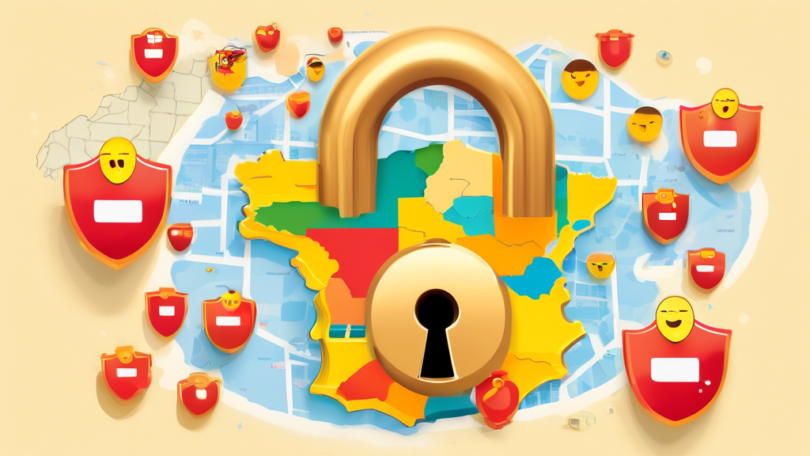Spain Blocked then Unblocked Telegram This Weekend
In an unanticipated move that left thousands of users in bewilderment, Spain’s telecommunications operators were directed to block access to the popular messaging app Telegram over the weekend. This decision, however, was quickly reversed, creating a whirlwind of speculation, criticism, and relief among the app’s substantial user base in the country.
The Initial Blockade
The blockade came into effect abruptly, with users suddenly finding themselves unable to access the app or its web counterpart. Telegram, known for its strong encryption and privacy-focused features, is a widely used platform not just for personal communication but also for community groups, businesses, and educational purposes. The sudden loss of access caused significant disruption.
Initial reports lacked clarity on the reasons behind the block, sparking widespread speculation. Some theories pointed towards concerns over national security, while others suggested it could be an attempt to curb misinformation or illegal content. The lack of an official statement in the early hours of the blockade only fueled the confusion and concern among the app’s users and digital rights advocates.
The Quick Reversal
The situation took a surprising turn when, just as unexpectedly as it was enforced, the blockade on Telegram was lifted. The reversal came after widespread criticism from both users and various organizations advocating for digital rights and freedom of expression online. The swift change of course highlighted the complexities and challenges governments face in balancing national security, freedom of speech, and digital governance.
Government’s Response
Following the reversal, Spanish authorities provided an explanation for the abrupt decisions over the weekend. It was revealed that the initial blockade was a response to specific concerns regarding potential threats to national security. However, the precise nature of these threats wasn’t detailed publicly, leaving room for continued speculation and debate.
The government acknowledged the disruption caused by the blocking and unblocking of Telegram. It emphasized the need for a more nuanced approach to dealing with digital platforms that balances security concerns with the public’s right to freedom of expression and access to information. The incident was described as an opportunity to re-evaluate current regulations and practices surrounding digital communication and security.
User Reaction
The Telegram user community in Spain and beyond expressed mixed reactions to the weekend’s events. While some praised the unblocking as a victory for digital freedom, others remained concerned about the potential for future disruptions and the implications for privacy and free speech. The incident has sparked a broader conversation about the role of government in regulating access to digital platforms and the need for transparent, consistent policies that protect user rights.
Digital Freedom In The Balance
The temporary blockade and subsequent unblocking of Telegram in Spain served as a stark reminder of the fragile balance between security measures and digital freedoms. As governments worldwide grapple with similar issues, the importance of open dialogue, transparency, and a commitment to protecting citizens’ digital rights has never been more apparent. The incident in Spain will likely influence not only the country’s approach to digital governance but also how other nations navigate the complex terrain of internet regulation.








